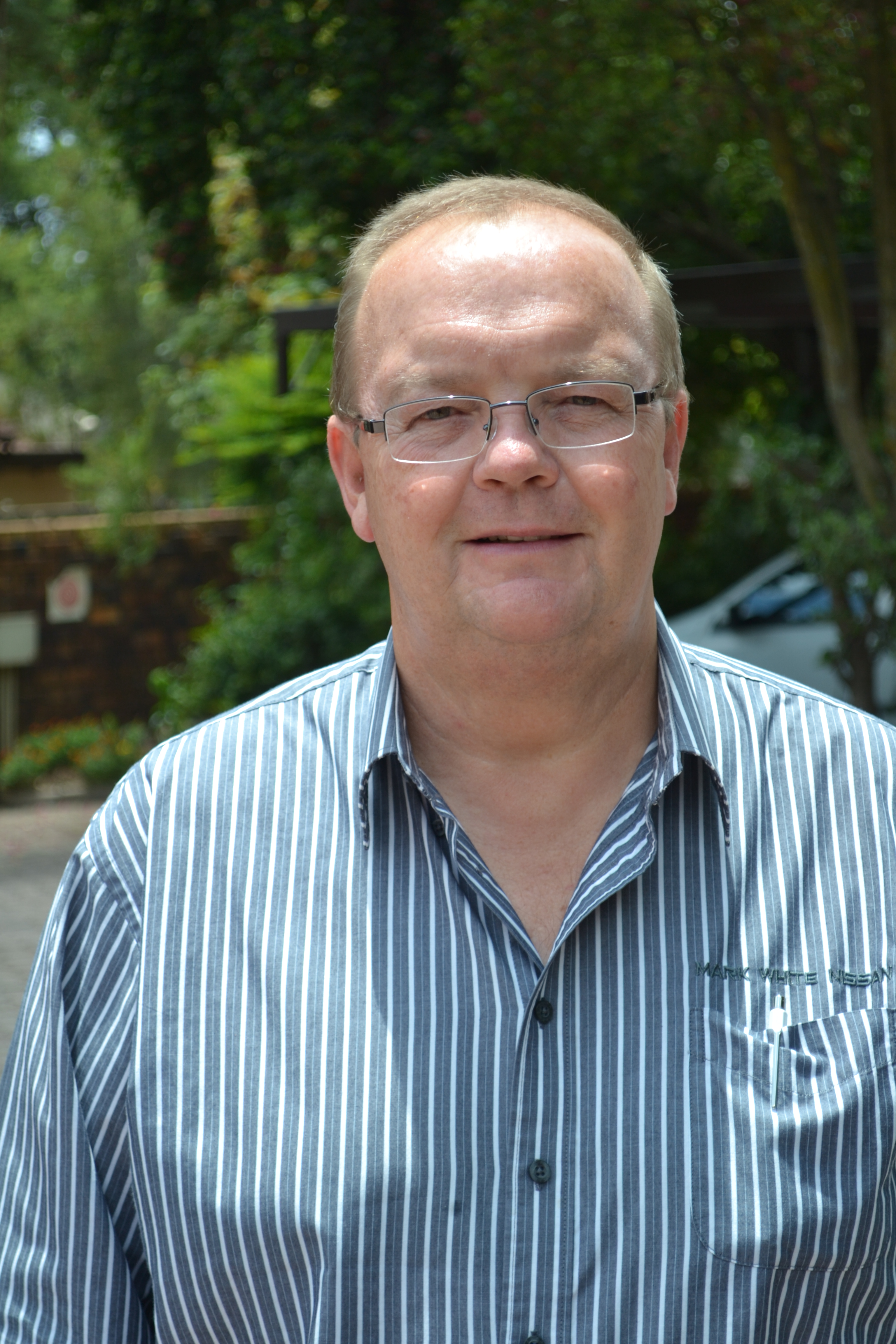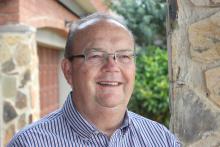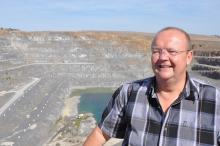
Surface mining industry association, ASPASA, has called for more national focus on infrastructure development in South Africa.
The association represents about 75% of the quarries and mines in South Africa that produce key materials for construction projects. It wants to encourage better cooperation between all role-players involved in the planning and delivery of all types of infrastructure such as roads, railways, dams, pipelines and buildings.
ASPASA director, Nico Pienaar, says current crisis regarding water shortages throughout the Cape provinces and elsewhere in the country clearly shows that there is an urgent need to improve water managements structure with new dams, reservoirs, desalination plants, pipelines and other infrastructure.
“Although this type of infrastructure does not happen “overnight”, predictions of water shortages had been made many years ago and may have been avoided if providers and planners worked more closely together.
“Roads also play a big role in the development of a country and SANRAL has just launched its “Horizon 2030” strategy which promises “Building a better South Africa through better roads.” It also states its vision to ensure that national road transport system delivers a better South Africa for all.
“This is good news for everyone and ASPASA supports these views totally and would like to expand on it by stating that this vision is long overdue. As the representative body for the vast majority of materials used to construct roads we are 100% behind this initiative and furthermore, want to be involved in the planning and implementation of these initiatives alongside all other professional bodies,” says Pienaar.
ASPASA’s director adds that industry professionals and representative bodies should form the nucleus of future infrastructure programs in order to work towards real attainable goals. For example, if there is consensus among professionals that a road or dam wall needs to be built, then it is imperative to deal with professionals in every link of the project including material suppliers such as aggregates, cement, concrete or bitumen etc.
Industry associations also play an important self-regulatory role within their respective industries, often offering the only assurance there is on such important considerations as legal, environmental compliance and health and safety compliance, as well as measuring standards for quality and other technical requirements.
ASPASA, for example, upholds high standards for existing and would-be members, with membership subject to clean audits for both health and safety, as well as environmental management being a prerequisite. In addition, technical committees set standards for quality-related issues, and work with the likes of SANRAL in order to develop acceptable quality criteria for future infrastructure.
It also runs numerous workshops and formal training courses to ensure that members organisations have access to the latest global techniques and best practices. All the while, the association upskills and develops skills in order to address skills shortages and transformation requirements for its sector of the mining industry.
“With state spending back on track and the economy set to recover from years of paralysis, we urge government and all other role players to get together and work towards improving the state of our industry in the short, medium and long term. ASPASA is committed to reaching our country’s goals now and in the future,” Nico concludes.






